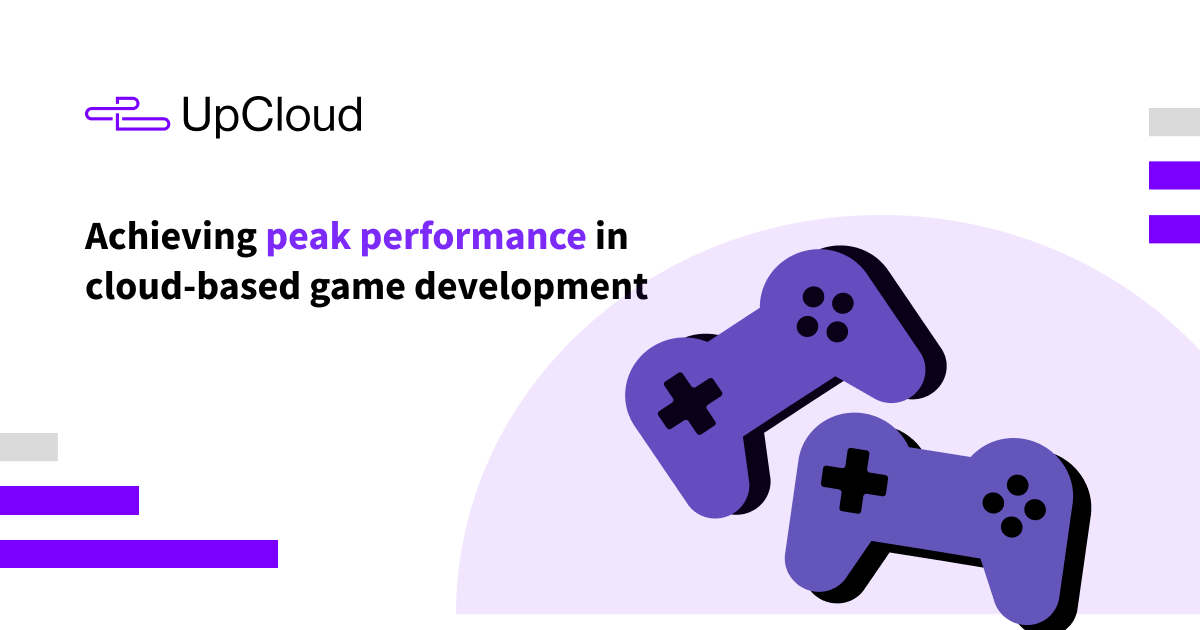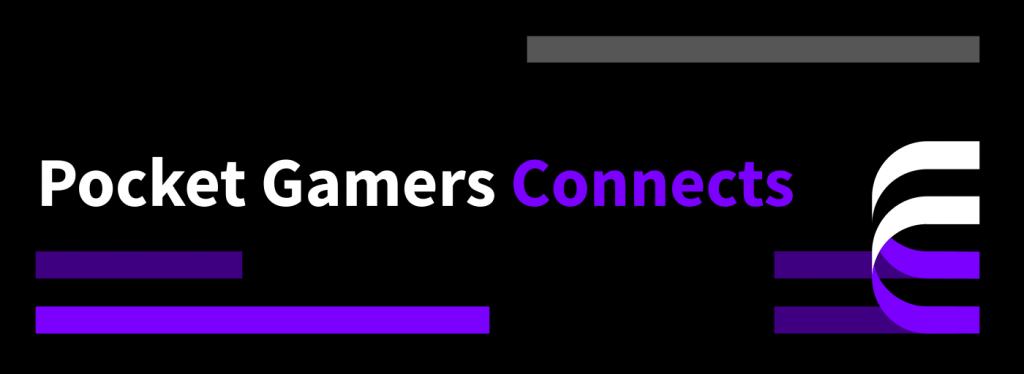In the fast-paced world of gaming, where every millisecond counts, optimising your cloud infrastructure is crucial.
Amid economic challenges, gaming companies strive to cut costs without compromising performance. Looking into alternative cloud providers can lead to a reduction in expenses, enhanced efficiency, and an improved gaming experience for users.
The high-stakes game of cloud infrastructure
With performance separating the functional from the great, it is efficient cloud infrastructure which ensures that every line of code counts to push the boundaries of graphics, simulations, and gameplay.
Considering the fluctuating resource demands of game development projects, flexible scaling of cloud resources to adapt to evolving needs is necessary. Strategically distributing data centres globally minimises latency for multiplayer games, crucial for maintaining a seamless and responsive gaming environment.
Decoding cloud pricing for game development
Understanding and managing cloud costs can be complex, especially when dealing with various pricing models, egress, data transfer fees, and storage costs. Project spend can spiral, so it is important to carefully analyse the pricing structures of cloud providers and ensure your business is getting the most bang for its buck.
When looking at the major players within the industry, gaming companies should carefully analyse their own cloud needs and the services required. Bigger is not always better, and certainly not the cheapest, yet what’s essential is finding the most suitable solution to meet business needs.
Support, uptime and security in cloud solutions
Downtime and technical glitches disrupt development workflows and jeopardise the gaming experience for end users, potentially impacting revenue streams, particularly for free-to-play games. Prioritising cloud providers with reliable infrastructure, SLA, automated backups, and snapshotting paired with responsive customer support is essential to mitigate such risks.
Security should too remain a top concern therefore cloud providers must ensure robust security measures and compliance with industry regulations.
UpCloud – where gaming comes to life
Not only are we a cloud service provider, but we are a company of passionate gamers!
Our easy-to-use platform enables users to scale at speed with server deployment in seconds, hosted on servers close to you from any of our 13 data centres worldwide. We also offer unrivalled SLA, 24/7 human technical support, and security standards guaranteed.
You also won’t need a degree in finance to understand where your money is going. With our straightforward pricing, your projects are up and running in no time!
Interested in finding out more? Book a call with with our team and level up your cloud game!

